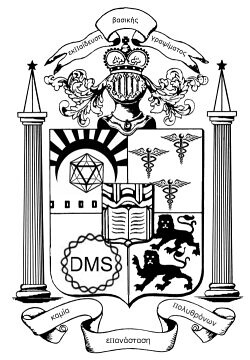Here... see for yourself.
Oh, wait, you probably can´t, not unless youŕe willing to pay $30 for the privilege. While scientists churn out new information every month, most of it is behind terrifyingly high subscription walls. If youŕe at a cush research institution like this one, they pay ungodly fees for unlimited access, but if youŕe at Drake, or a civilian, just interested in an article about your illness or trying to understand the latest scientific fad, then youŕe stuck with your nose to the glass.
But, I hear you say, many magazines are subscriber only. Certainly theyŕe under no obligation to give away their product for free? Am I just trying to guilt them because itś about medicine?
There is a difference here. When Matthew Yglesias writes an article for The Atlantic, The Atlantic gives Matthew money to write the article. If he needs to go to Belgium to follow the story, they pay for it. If heś a staff writer, they provide him with a computer to write it on and coffee to think with.
Letś say I write an article. My stipend, tuition, insurance, everything, are paid for out of an training grant from the National Institutes of Health. My advisor is paid out of a research grant from the NIH. My equipment is paid for by the same grant. If I have to fly to Belgium to do an experiment, same grant. If I go to a conference, same grant. Itś all paid for by the NIH. Which is to say the U.S. Government. Which is to say, the people.
Keep in mind that when my research gets published, I write the paper. My advisor edits the paper. The peer reviewers brought in by journal are also professors on NIH grants. The editor at the journal and the formatters at the journal are the only ones not paid by NIH.
So, of the expense in producing a scientific paper, greater than 95% is paid for by the taxpayers. I´m not saying screw the journals out of that 5%, but rather the government should spring for the cost of publication and democratize the whole thing.
As wikipedia never tires of reminding me in photo credits:
| This image or file is a work of a U.S. Air Force Airman or employee, taken or made during the course of the person's official duties. As a work of the U.S. federal government, the image or file is in the public domain. Subject to disclaimers. |
This is from here. While I don mean to imply that I work for the Air Force, or that the current situation is unlawful, I am arguing for the general understanding that documents paid for by the government ought to be public property.


No comments:
Post a Comment